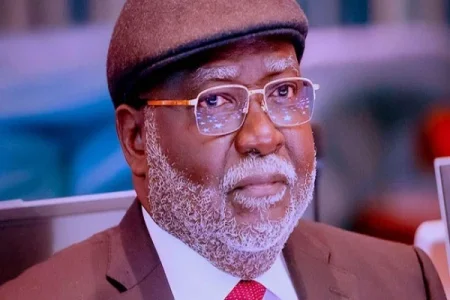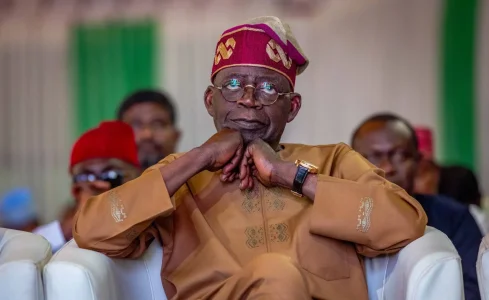
Chief Justice warns of suffering if judges' salaries are not increased, citing 17 years without a raise despite currency devaluation. Calls for urgent salary reform to stabilize judiciary.
The Chief Justice of Nigeria, Olukayode Ariwoola, has issued a stern warning that Nigerians will continue to suffer from the nation's judiciary system unless salaries, allowances, and official benefits for judges are significantly increased. In a passionate address at a public hearing organized by the Senate Committee on Judiciary, Human Rights, and Legal Matters, Ariwoola painted a grim picture of the economic hardships faced by the country's judicial officers.
"The situation of judges across Nigeria is like one in a critical condition in the ICU," Ariwoola declared, equating the salary crisis to a patient in dire need of urgent medical attention. He pointed out that the last time judges' salaries were increased was a staggering 17 years ago, in 2007, despite the substantial depreciation in the value of the naira over this period.
Ariwoola's candid remarks came during discussions on a proposed bill aimed at prescribing new salaries, allowances, and fringe benefits for judicial officers. He argued that a well-compensated judiciary is not only in the interest of judges but, more importantly, in the interest of Nigerian citizens who ultimately bear the consequences of an underfunded and deprived judicial system.
"When judges are well compensated, yes, they do their best, but actually, as clearly demonstrated, the real interest that is being looked at is the interest of these citizens because they will be the ones who suffer the consequences of a deprived judiciary," Ariwoola asserted.
The Chief Justice's plea for action was echoed by Attorney General Lateef Fagbemi, who acknowledged the "chequered history" of efforts to improve the remuneration of judicial officers. Fagbemi revealed that President Bola Tinubu had recently approved an unprecedented 300 percent increase in the remuneration of judicial officers, instructing the Revenue Mobilisation Allocation and Fiscal Commission (RMAFC) to review its previous recommendations to reflect the National Judicial Council's proposal.
However, concerns have been raised about the potential implications of focusing solely on judges' salaries without addressing the needs of other judicial staff. Prof. Chidi Odinkalu, a former Nigeria Human Rights Commission boss, warned that such an approach could breed discontent among judicial workers, potentially leading to industrial strife and shutdowns that could paralyze the entire system.
As the Senate Committee deliberates on the proposed bill, the Chief Justice's impassioned plea has reignited discussions around the critical role of an independent and well-resourced judiciary in upholding the rule of law and protecting the rights of Nigerian citizens. With the nation's judicial system facing mounting challenges, Ariwoola's clarion call for action may well be the catalyst needed to initiate long-overdue reforms and restore confidence in the country's legal institutions.


![[VIDEO] 2027 Election: Amaechi’s Mosque Visit Draws Attention on Social Media](/data/attachments/226/226105-4c3264f63479690a2843f3daba4d18e0.jpg?hash=wnWT-Lfyli)

